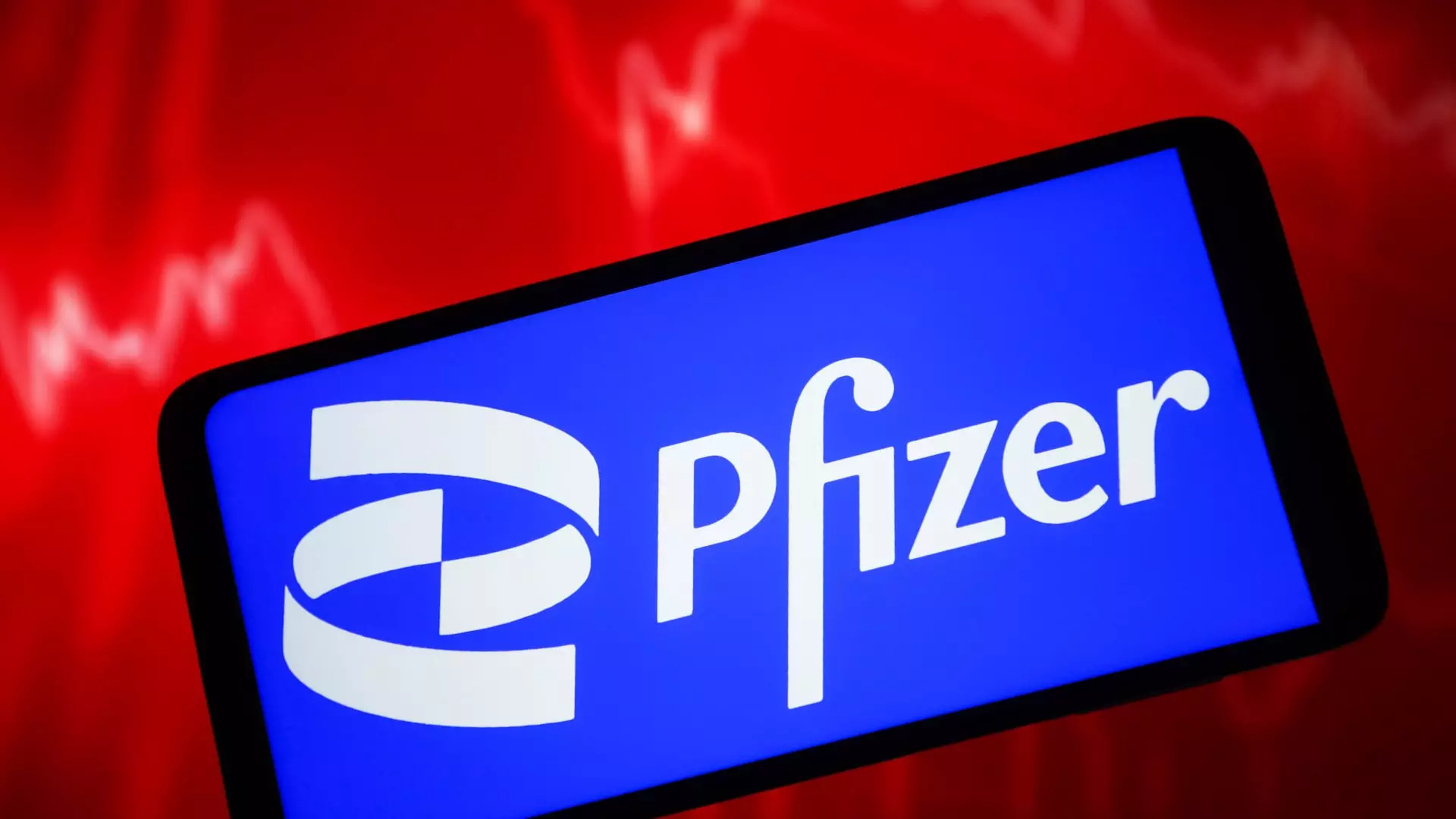The Food and Drug Administration recently approved Pfizer’s new gene therapy treatment for hemophilia B, a rare genetic bleeding disorder. This marks a significant milestone for the company in the field of gene therapy. However, the approval comes with a hefty price tag, raising concerns about accessibility and affordability for patients in need of this life-changing treatment.
The FDA approved Pfizer’s gene therapy, marketed as Beqvez, for adults with moderate to severe hemophilia B who meet specific criteria. This one-time treatment is designed to help patients produce factor IX, a protein crucial for blood clotting. In clinical trials, Beqvez outperformed the standard treatment for hemophilia B, which often involves frequent infusions of factor IX. This breakthrough therapy has the potential to transform the lives of patients by reducing the medical and treatment burden associated with the condition.
Despite its effectiveness, Beqvez comes with a staggering price tag of $3.5 million before insurance and rebates. This makes it one of the most expensive drugs in the U.S. While Pfizer is offering a warranty program to cover patients receiving the treatment, the high cost remains a significant barrier for many individuals. The approval of a similar gene therapy for hemophilia B by Australia-based CSL Behring further highlights the financial burden of these cutting-edge treatments.
Health experts have raised concerns about the uptake of high-cost gene therapies like Beqvez and Hemgenix due to logistical challenges and affordability issues. The limited availability of these treatments may hinder their widespread adoption, especially among patient populations with limited access to specialized care. Additionally, the pressure on healthcare payers to cover the cost of these therapies raises questions about sustainability and equity in the healthcare system.
Pfizer’s foray into gene therapy represents a significant shift in the pharmaceutical industry towards innovative treatments targeting genetic sources of diseases. As more companies invest in gene and cell therapies, the landscape of healthcare is rapidly evolving. These one-time, high-cost treatments hold the promise of curing or significantly altering the course of chronic conditions like hemophilia.
While Pfizer’s approval of Beqvez for hemophilia B patients is a remarkable milestone in gene therapy, the exorbitant cost of the treatment raises concerns about accessibility and affordability. As the field of gene therapy continues to advance, balancing innovation with affordability will be crucial to ensure equitable access to life-saving treatments for all patients in need.

Leave a Reply